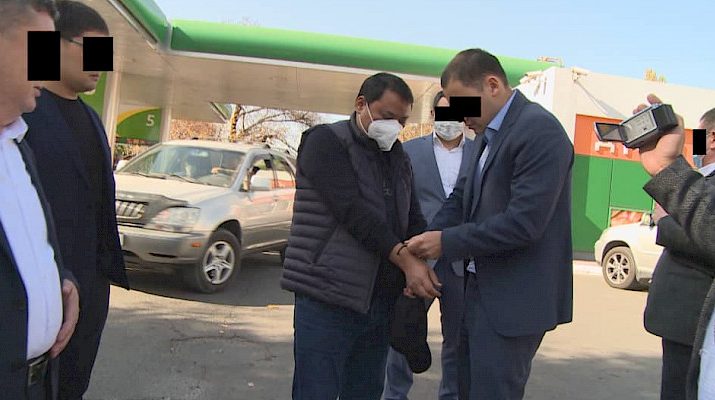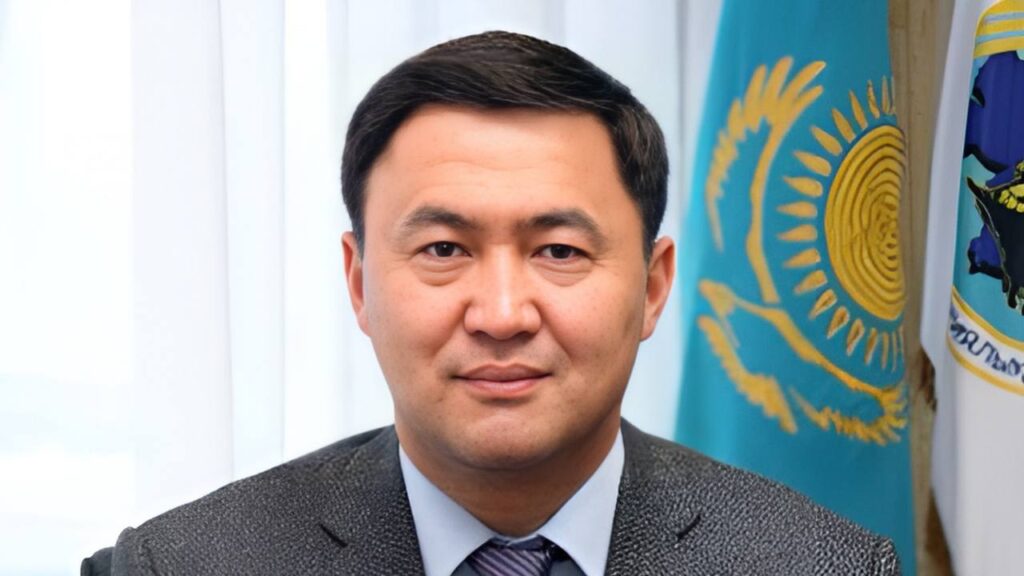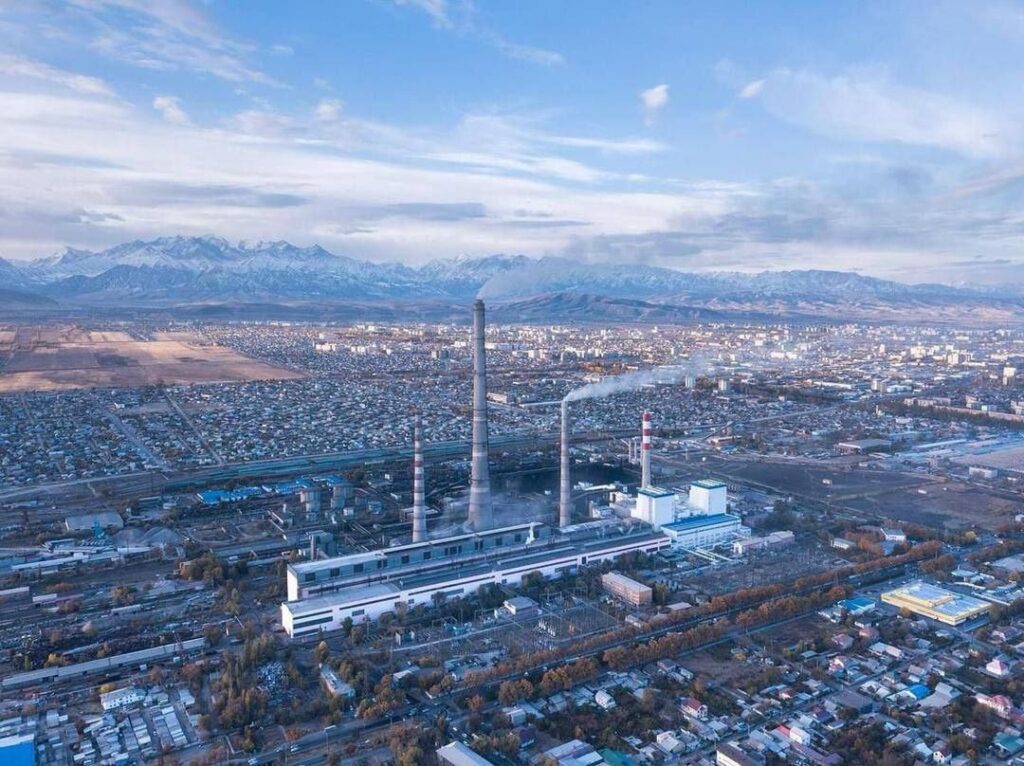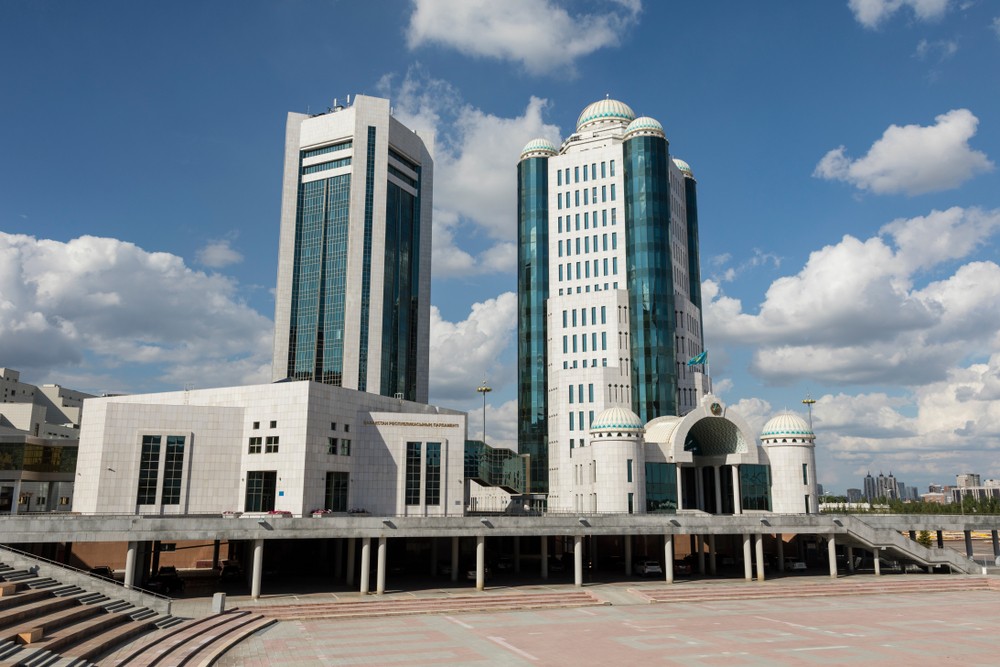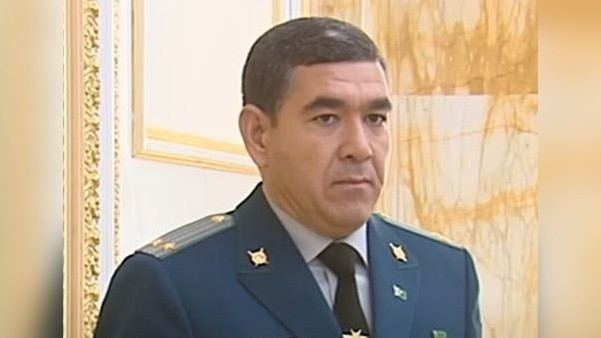Kyrgyz Authorities Confiscate $35 Million of Oligarch Matraimov’s Assets – Plan to Nationalize Another $50 million of Property
Kyrgyzstan's State Committee of National Security (GKNB) has stated that following an investigation aimed at returning embezzled property into state ownership as part of a criminal case against former deputy chairman of the Customs Service, Raimbek Matraimov, the government has seized real estate worth $34,810,000. At the end of January 2024, the authorities placed the infamous oligarch Matraimov, who has bounced in and out of custody since 2020, on a wanted list. Matraimov, who is popularly known as "Raimbek-million" for his multi-million dollar fortune has already pleaded guilty to embezzlement, and is now charged under the article "illegal deprivation of liberty" on suspicion of abducting and illegally incarcerating unnamed individuals. The former deputy head of the Customs Service previously had extensive connections in the Kyrgyz parliament and government, and went unpunished for years. In 2021, the U.S. authorities banned Matraimov and his family members from entering the country. Head of the GKNB, Kamchibek Tashiev, accused Matraimov of creating a mafia clan. "Raimbek Matraimov has been put on a wanted list. All of his property... throughout Kyrgyzstan will go into the ownership of the state. We will not leave even a [plot] of land. He will no longer be Raimbek-million as he used to be. There will be no such thing as a clan. To destroy this clan, in the Osh region [alone] we fired about fifty people from state bodies," Tashiev stated. In 2019, the State Service for Combating Economic Crimes launched an investigation into corruption in the Kyrgyz Customs bodies. Earlier, documents had found their way into the hands of journalists showing that Matraimov had withdrawn about $700 million from the country through various banks over a period of seven years. However, investigators didn't find Matraimov's property abroad. In 2021, Matraimov was found guilty of corruption and convicted, but after paying a $22.5 million fine to the state, he was released. Law enforcement has since uncovered more of the oligarch's assets worth another $50 million. The GKNB is continuing to search for more assets obtained by criminal means in order to later transfer them to the state, according to the agency's press service. Matraimov's whereabouts are currently unknown.
